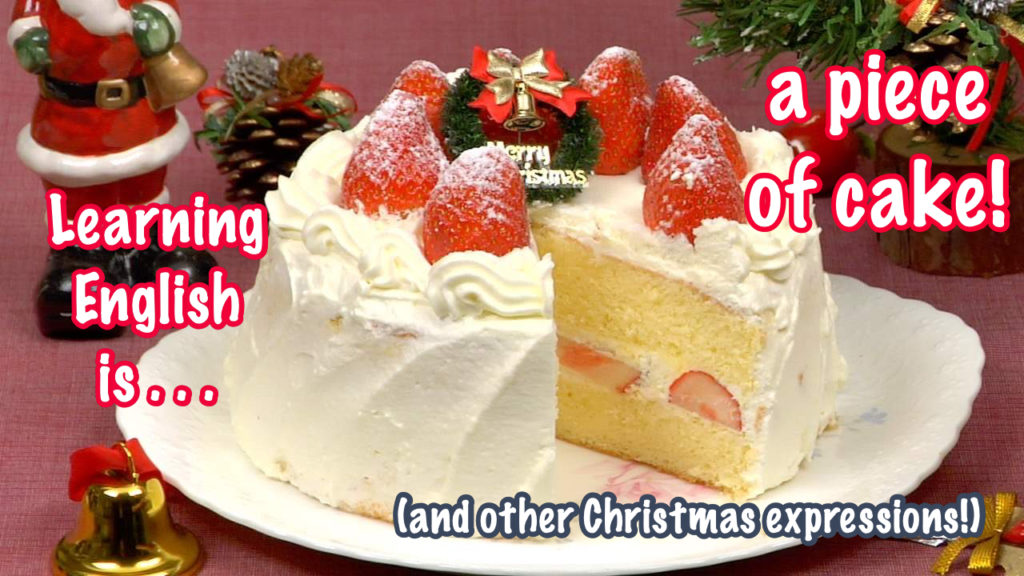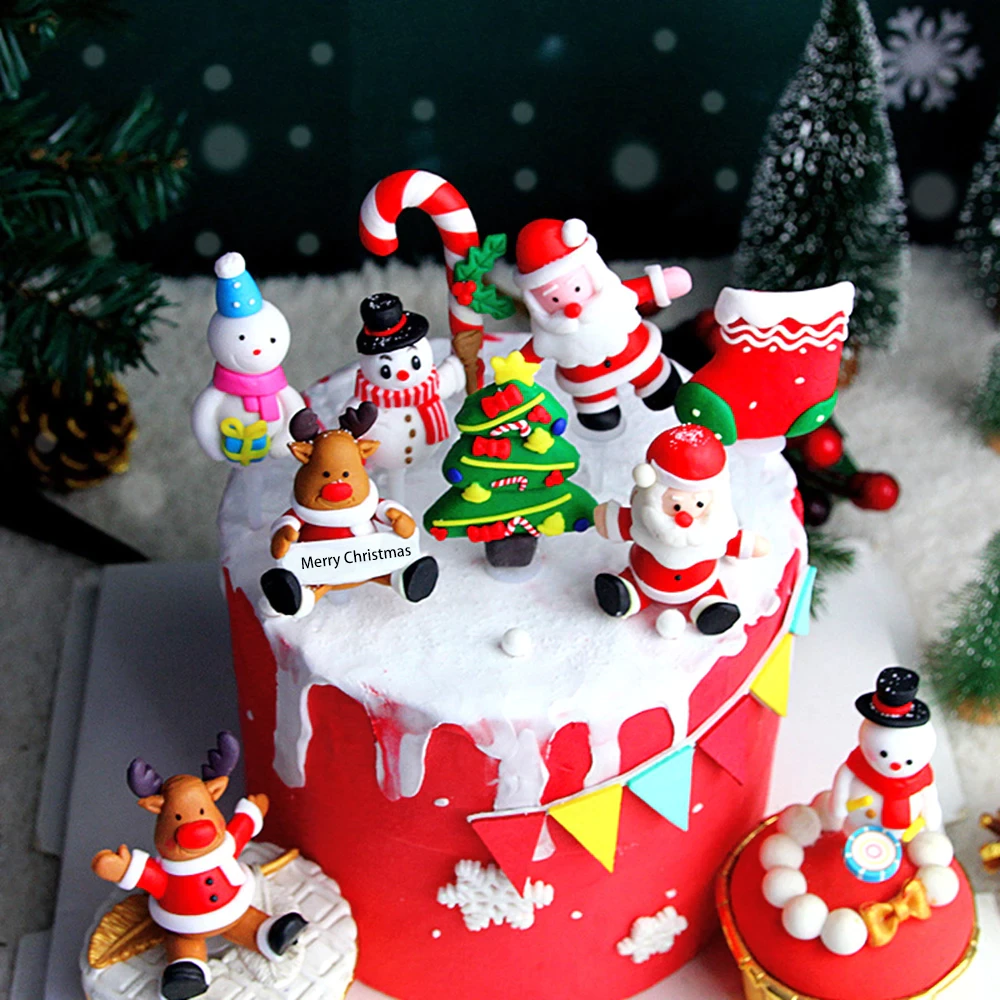
Whether you celebrate Christmas or not, you should know the English idioms and expressions that come from the Christmas holiday. When you learn English, idioms and expressions help you show your conversation skills with the English language. They are also interesting and a lot of fun!
What are idioms? Idioms are expressions that have meaning that is different from the actual words or literal meanings. For example, if you say something is a piece of cake, it means it is easy. There is no actual cake. You might say something cost you an arm and a leg. This means it is expensive. You still get to keep your arm and leg.
Look at the idioms and expressions below. Can you guess the meanings? All of them come from the Christmas holidays.
Good things come in small packages

Meaning: It isn’t the size of the package that matters. What is inside the package could be more valuable that how the package looks. This idiom is similar to the idiom, “Don’t judge a book by it’s cover.”
Example sentence: Of all the gifts she received on her birthday, the small box with an engagement ring inside made her the happiest. She is going to get married! As they say, good things come in small packages!
Christmas came early this year
Meaning: This expression means that something good happened, which was most likely an unexpected good thing. It could be good news, a gift, or a special surprise.
Example sentence: Everyone in the office now has a new computer to use. It looks like Christmas came early this year.
The proof is in the pudding
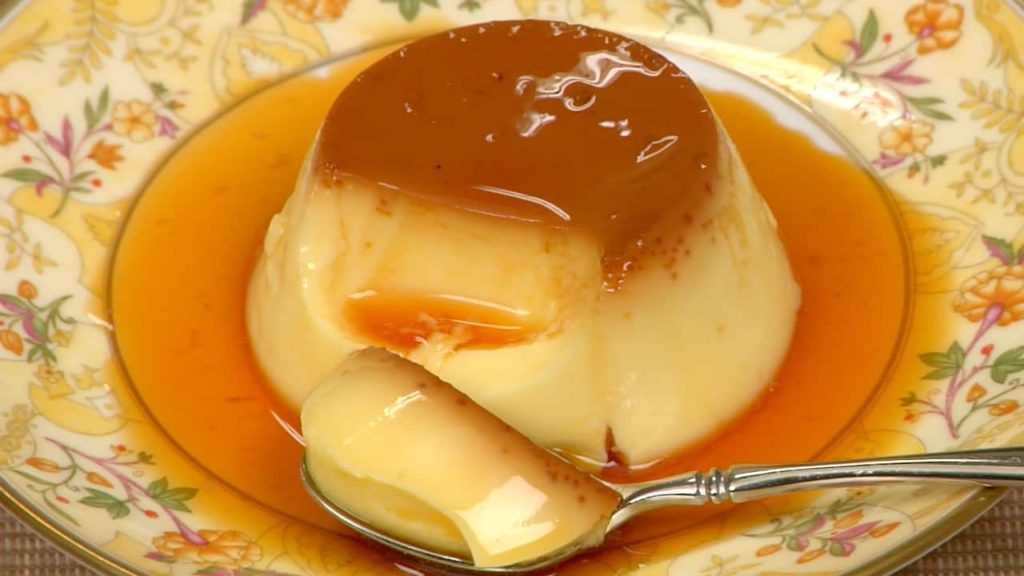
Meaning: The success of something depends on first testing it or using it.
Example sentence: Many students believe their English is great until they move to an English-speaking country to live. That’s when they know the proof is in the pudding.
Don’t be left out in the cold

Meaning: You have been forgotten or left out.
Example sentence: Everyone on the team has the strategy playbook for the coming season. You need to meet with your coach as soon as possible so you are not left out in the cold.
Skating on thin ice
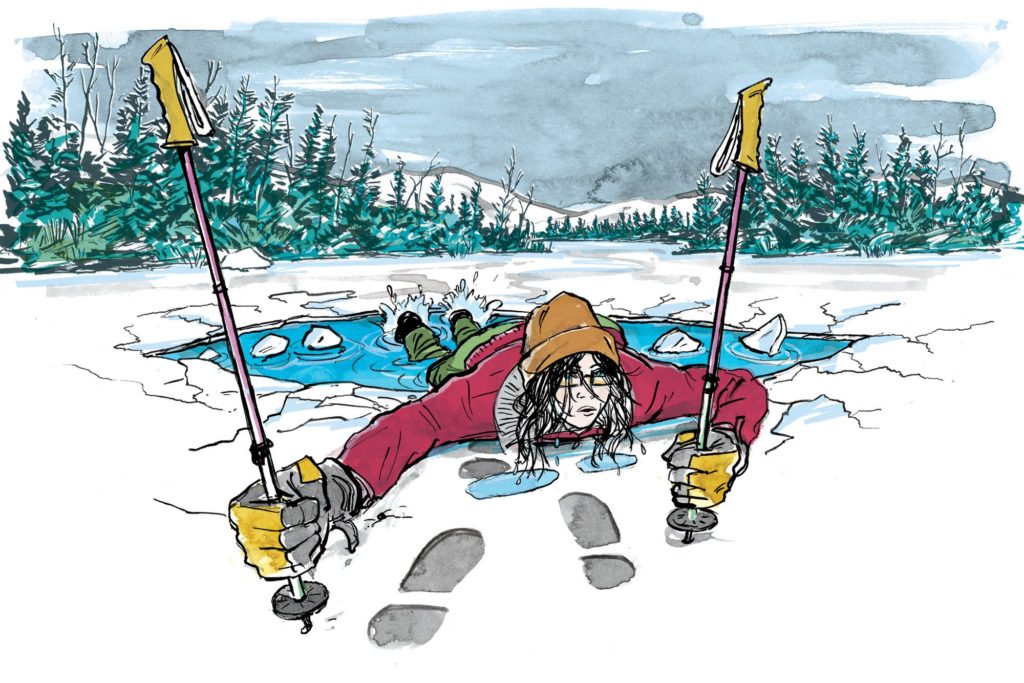
Meaning: If you allow yourself to be in a situation where there is danger of bad consequences, it can be said that you are skating on thin ice.
Example sentence: Everyone believes that John is skating on thin ice because he has been criticizing his boss a lot.
Give someone a cold shoulder
Meaning: This means to ignore someone because of frustration or lack of interest. It is often disrespectful.
Example sentence: Her friends gave her a cold shoulder after they heard she told their secret to the boss.
Don’t look a gift horse in the mouth
Meaning: It is not good to be ungrateful for a gift, even if it is something you don’t want.
Example sentence: The children did not like the gift from their grandma, but they said thank you anyway. They knew they should not look a gift horse in the mouth.
Saved by the bell
Meaning: This happens when someone or something is rescued at the last minute.
Example sentence: The teacher was going to give a test. However, the school closed early because the power went out. The students said they were saved by the bell.
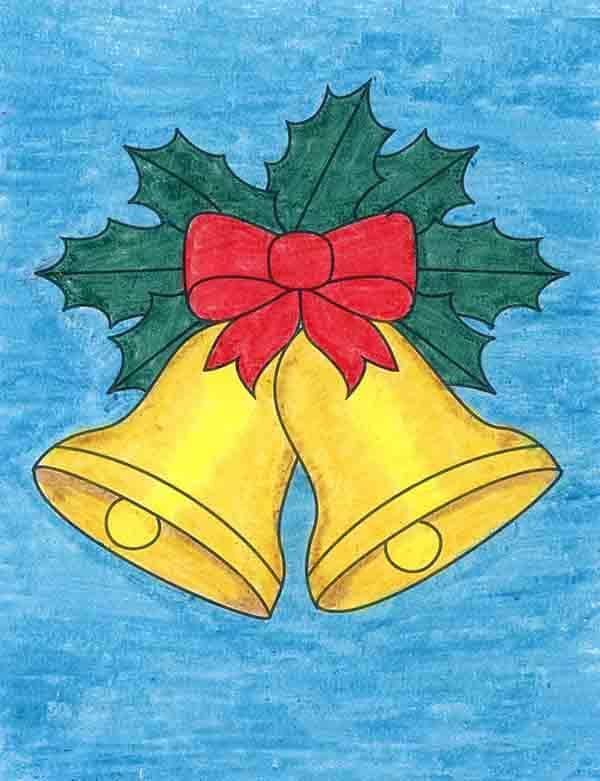
The more the merrier
Meaning: An event or gathering is more fun when there are more people.
Example sentence: Jeff was worried that the host would be upset because he brought three of his friends to dinner. However, the host smiled and simply said, “The more the merrier!”
A snow job
Meaning: a story that is deceptive and hides important truth; extreme flattery for alternative motives
Example sentence: The salesman told a very good story about how wonderful his product is, but after buying the product and trying it for 2 days, I realized the salesman’s story was a snow job.
A snowball effect

Meaning: This is what happens when a small problem gets bigger and bigger with momentum.
Example sentence: He only took a pencil from the teacher’s desk, but there was a snowball effect when the teacher came and found many other things in his backpack that he had taken.
Eat, drink, and be merry
Meaning: This is often what a host encourages guests to do at a party. It means to enjoy yourselves.
Example sentence: At the end of the year party, the boss gave his speech and asked everybody to eat, drink, and be merry.
These idioms and expressions have origins in the Christmas holiday. I hope you use them in your daily English conversation. Which expression is your favorite? Let me know in the comments below!
